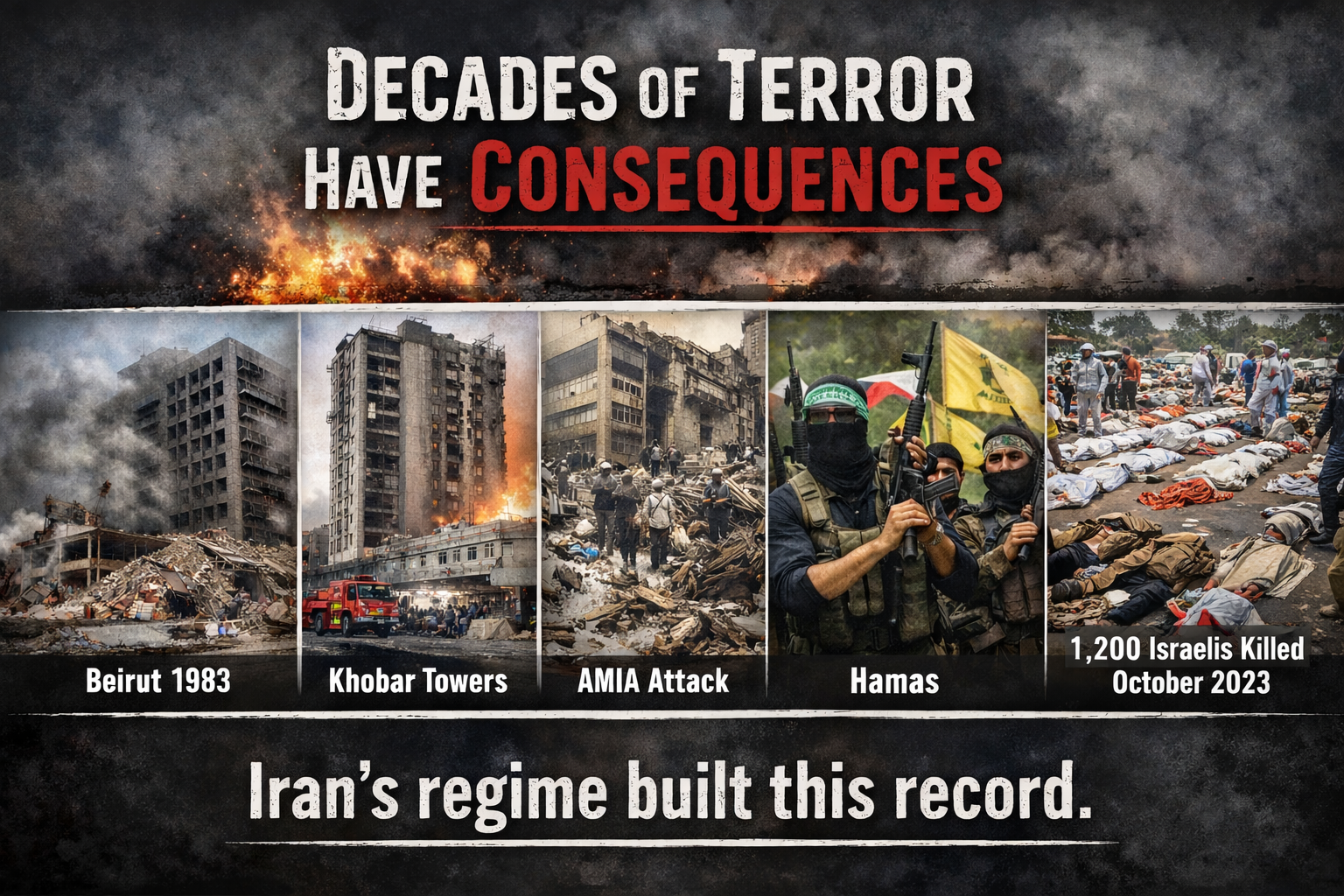Washington D.C. Crime: The Statistics No One Wants to Talk About
Facing reality isn’t racist—it’s responsible.

Let’s talk about the nation’s capital—Washington, D.C.—a city that should represent American ideals but too often serves as a symbol of everything we’re afraid to confront. For decades, D.C. was majority Black, and it was affectionately nicknamed “Chocolate City.” That has changed. Today, Black residents make up about 45% of the population, but if you look at the violent crime statistics, one thing hasn’t changed: they’re still doing the dying—and the killing.
And yes, that’s uncomfortable. But it’s also true.
According to a 2023 D.C. Policy Center report, nearly all individuals charged with crimes under the D.C. Code were young, Black males. In gun-related homicides and non-fatal shootings, 96% of both victims and suspects were Black. That’s not a typo. Ninety-six percent.
This is in a city where Black residents are less than half the population.
So, what do we do with that? Well, if you listen to the mainstream media or woke city officials, we ignore it. Or worse, we contort ourselves into ideological pretzels trying not to "offend" anyone by pointing it out. But how exactly are you helping a community by ignoring a crisis inside it?
Here’s the danger no one wants to say out loud:
When you refuse to talk honestly about who is committing violent crimes, you can’t fix it. When you hide behind buzzwords like “equity” while people are bleeding out in the street, you're not woke—you’re complicit.
The Role of D.C.’s Leadership: Fuel on the Fire
Let’s not let the politicians off the hook. The D.C. Mayor’s Office and City Council haven’t just failed to solve the problem—they’ve made it worse. They’ve rolled back penalties, gone soft on prosecutions, and doubled down on policies that embolden criminals while tying the hands of law enforcement.
Mayor Muriel Bowser and her predecessors talk a big game about “community investment,” but their record shows they’ve done more to protect feelings than lives. They’ve decriminalized behavior that leads to escalation. They’ve vilified the police to score political points. And they’ve catered to activist groups more interested in ideology than safety.
Let’s be blunt: D.C.’s leadership is more afraid of Twitter backlash than gang violence.
You want to talk about systemic failure? Look no further than a city that spends hundreds of millions on “anti-violence” programs that result in higher homicide rates. Or a council that considered slashing the police budget while carjackings skyrocketed.
You don’t have to be a cop lover to see that D.C.’s leaders are actively choosing dysfunction over solutions. They don’t want to arrest the 300 or so repeat offenders responsible for most of the shootings, because it might upset someone’s activist donor base.
Meanwhile, kids keep dying. Businesses flee. Neighborhoods rot.
This Isn’t About Race—It’s About Reality
The data doesn’t mean Black people are inherently more violent. That’s not the argument. The point is that ignoring these stats because they make people uncomfortable does nothing to solve the problem. You want to talk about systemic racism? Then let’s talk about how Black communities in D.C. have been failed for generations—by bad schools, broken families, and city governments more concerned with virtue signaling than protecting citizens.
Even the studies that try to soften the blow confirm the same thing: a very small number of Black men are responsible for the vast majority of violent crime in D.C. The problem is highly concentrated, yet no one wants to target those individuals because we’re afraid someone might yell “racism.”
Let me ask you: Is it racist to want 10-year-olds to stop catching stray bullets on their way to school?
Is it racist to want grandmothers to sit on their porches without dodging drive-bys?
Or is it racist to sit in silence while crime destroys Black neighborhoods under the guise of being “sensitive”?
Because one of those looks a hell of a lot more like apathy than compassion.
The political class in D.C. doesn’t care. The media won’t touch it. And activists would rather march against the police than protect the very people they claim to represent. Meanwhile, everyday citizens—Black, White, Hispanic—are held hostage by a culture of fear, violence, and silence.
Why This Matters
If you can’t tell the truth about crime, you can’t stop it. And if you can’t stop it, you can’t rebuild trust, safety, or opportunity. We’re not helping anyone by pretending reality doesn’t exist. The first step to change is always the same: admit there’s a problem.
References:
- D.C. Policy Center. (2023). Who are D.C. Code offenders? Retrieved from https://www.dcpolicycenter.org/publications/dc-code-offender-demographics
- CJCC D.C. (2021). Gun Violence Problem Analysis Summary Report. https://cjcc.dc.gov
- WTOP News. (2022). Study: D.C. gun crimes involve small number of people. https://wtop.com/dc/2022/02/study-dc-gun-crimes-involve-small-number-of-people
Disclaimer:
The views expressed in this post are opinions of the author for educational and commentary purposes only. They are not statements of fact about any individual or organization, and should not be construed as legal, medical, or financial advice. References to public figures and institutions are based on publicly available sources cited in the article. Any resemblance beyond these references is coincidental.











